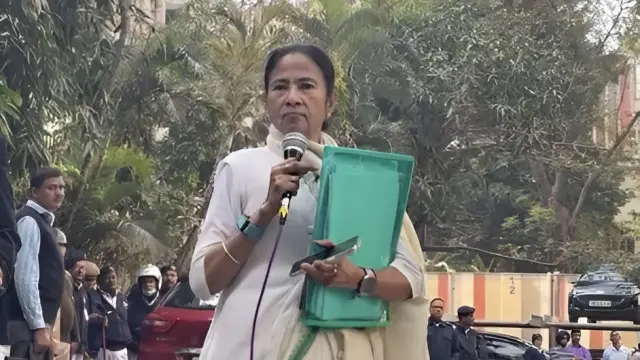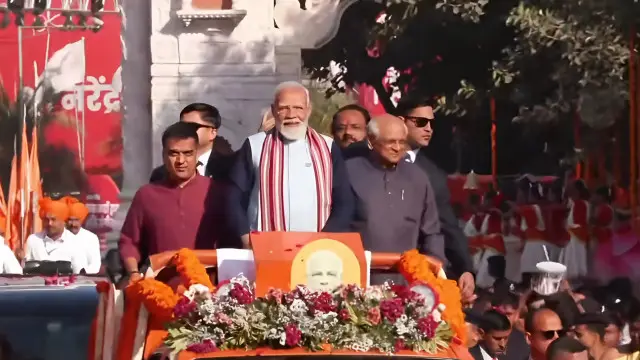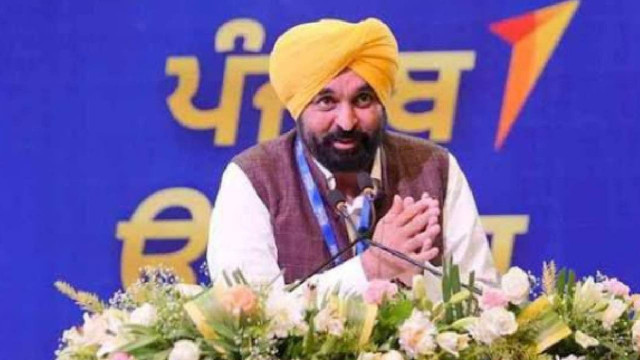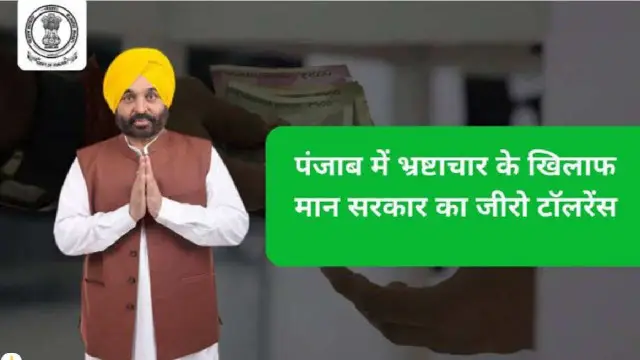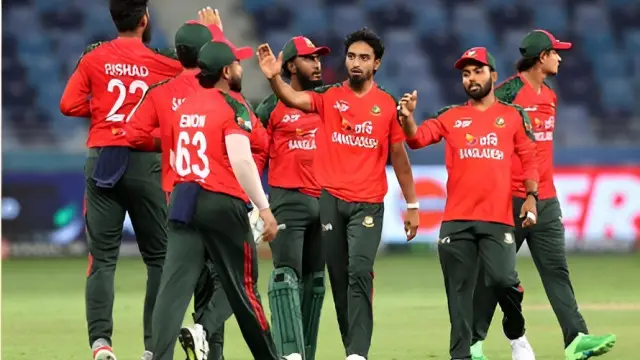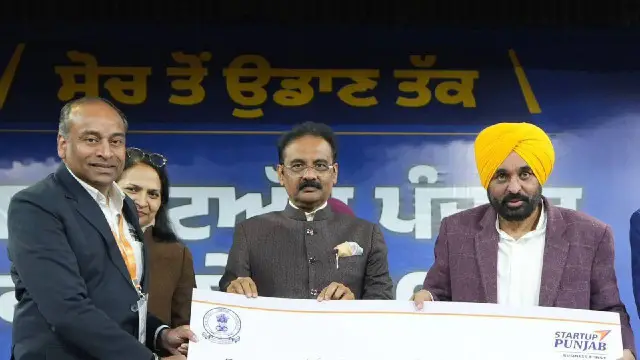Supreme Court Questions UP, Uttarakhand on Kanwar Yatra QR Code Mandate
The Supreme Court of India sought responses from the Uttar Pradesh and Uttarakhand governments regarding their controversial directive mandating shopkeepers along the Kanwar Yatra route to display QR codes revealing owners’ details during the Sawan pilgrimage

The Supreme Court of India issued notices to the Uttar Pradesh and Uttarakhand governments over their directive mandating shopkeepers along the Kanwar Yatra route to display QR codes containing owners’ personal details during the Sawan pilgrimage (July 11–August 9, 2025). The order, aimed at regulating eateries and shops catering to millions of Kanwariya pilgrims, has stirred controversy for potentially infringing on privacy and enabling discrimination.
SC Questions UP, Uttarakhand on Kanwar Yatra
The Uttar Pradesh and Uttarakhand governments, citing transparency and food safety, require shopkeepers to display QR codes linked to the Food Safety Connect App, revealing owners’ names, addresses, and other details. This follows a similar 2023 directive, which was stayed by the Supreme Court after allegations of religious profiling targeting minority vendors. Critics argue the renewed mandate risks violating privacy rights and could deter certain shopkeepers from operating during the Yatra, a significant economic opportunity.
SC Challenges QR Code Rule for Kanwar Yatris
A bench comprising Justices MM Sundresh and N Kotiswar Singh took up a petition challenging the directive, seeking responses from both state governments by July 21, 2025. The petitioners contend that the QR code requirement indirectly compels identity disclosure, circumventing the court’s 2023 ruling. The bench questioned the states’ rationale, emphasizing the need to balance administrative goals with constitutional protections against discrimination and privacy violations.
Kanwar Yatra QR Code Order
The directive has raised alarms among civil rights groups, who fear it could lead to targeted harassment of minority shopkeepers under the guise of regulation. The Kanwar Yatra, a major Hindu pilgrimage, attracts millions annually, and shops along the route are vital to local economies. Critics argue the QR code system could discourage participation, undermining inclusivity and economic equity.
As the Supreme Court awaits replies from Uttar Pradesh and Uttarakhand, the case highlights the delicate balance between administrative oversight and individual rights. The outcome could set a precedent for how religious pilgrimages are managed, ensuring fairness while respecting cultural traditions.




